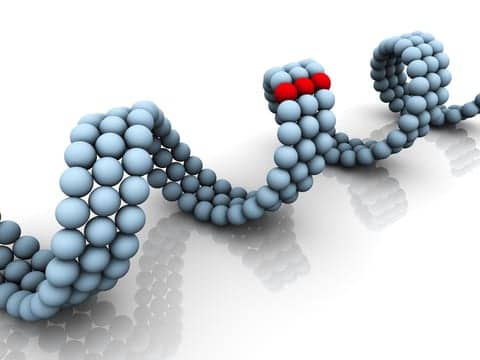A study published in the Journal of Clinical Investigation shows that blocking TGF-?1 — a known signaling pathway involved in tissue fibrosis — by compounds called trihydrophenolics halted fibrosis development and tissue stiffness in mice with pulmonary fibrosis.
TGF-?1 signaling works through two cell-surface receptors called T?RI and T?RII. It results in the activity of genes that are involved in collagen production and leads to tissue accumulation during wound repair.
Scientists estimate that 80 percent of highly expressed genes in the lungs of patients with idiopathic pulmonary fibrosis (IPF) are TGF-?1 target genes, so there has been significant interest in targeting TGF-?1 signaling to treat IPF.
The main issue with targeting TGF-?1, however, is that it shuts down pathways that are critical to the functioning of normal cells. In fact, blocking TGF-?1 was found to cause skin tumors and autoimmune reactions.










